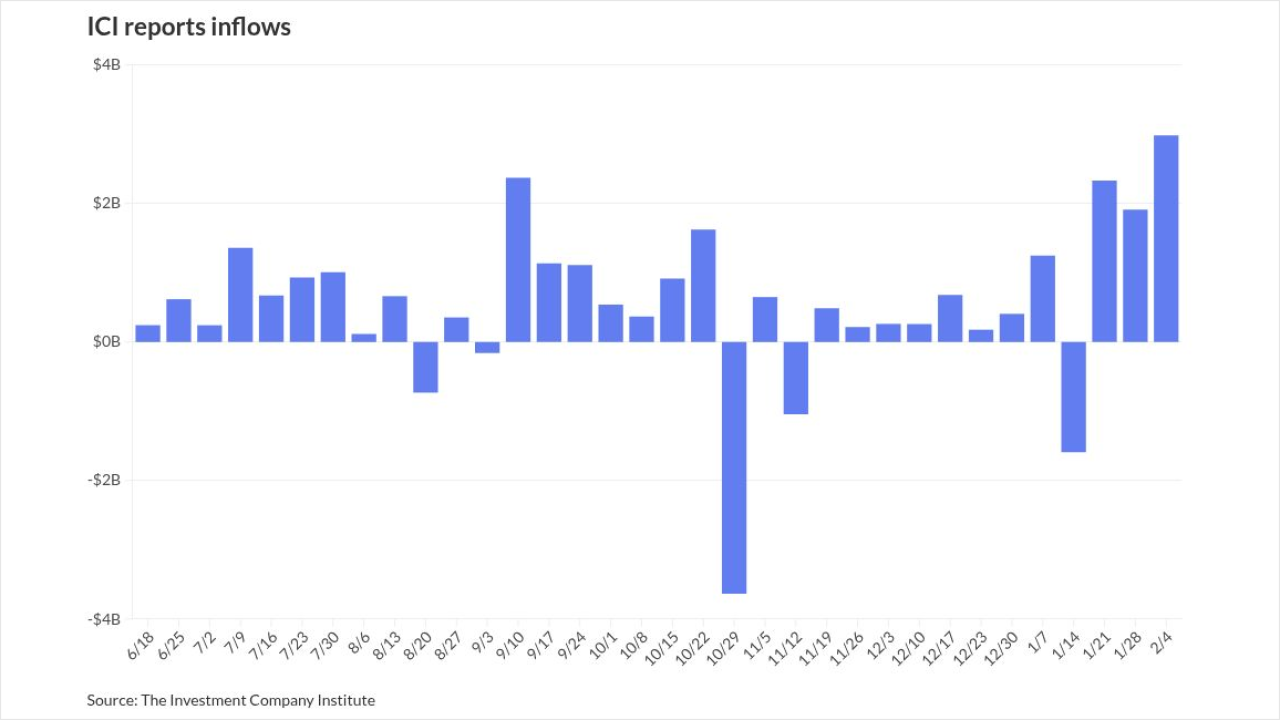
LOS ANGELES - California's proposed constitutional amendment to create and build a new rainy day fund is a credit positive, according to Moody's Investors Service.
The State Legislature on Thursday passed Gov. Jerry Brown's proposal, which will go before voters on the November ballot.
"This credit positive development reflects the new emphasis that California places on building reserves to cushion its finances from economic downturns," Emily Raimes, a vice president and senior credit officer at Moody's, said in a report Monday.
The agency rates California A1 with a stable outlook.
The Golden State has one of the most volatile revenue structures in the U.S., as it depends on personal income taxes and volatile capital gains tax revenue, in particular, Moody's wrote.
California's sharply progressive income tax structure makes it heavily reliant on its highest earners.
As a result, in years when the economy and stock market are growing, the state's revenues experience very strong growth, but when the economy dips, the state's revenues plummet, resulting in large budget deficits.
In the past, Moody's wrote, California has not put aside surplus revenues to protect against revenue declines that occur in downturns.
The new rainy day fund measure would change that by requiring the state to annually deposit 1.5% of annual general fund revenue and capital gains revenues in excess of 8% of general fund revenue.
In addition, half of each year's deposits for the next 15 years would pay down the state's long-term liabilities.
Moody's said capital gains revenues exceeded the 8% benchmark last year and the state expects them to do so again this year.
"The state projects that the proposed rainy day fund could put $3 billion into reserves and $3 billion to pay down debt in the first three years, which would provide a cushion, albeit a small one, against possible future budget deficits," Raimes said.
If passed, the new rainy day fund measure would take effect in the fiscal year starting July 1, 2015.





